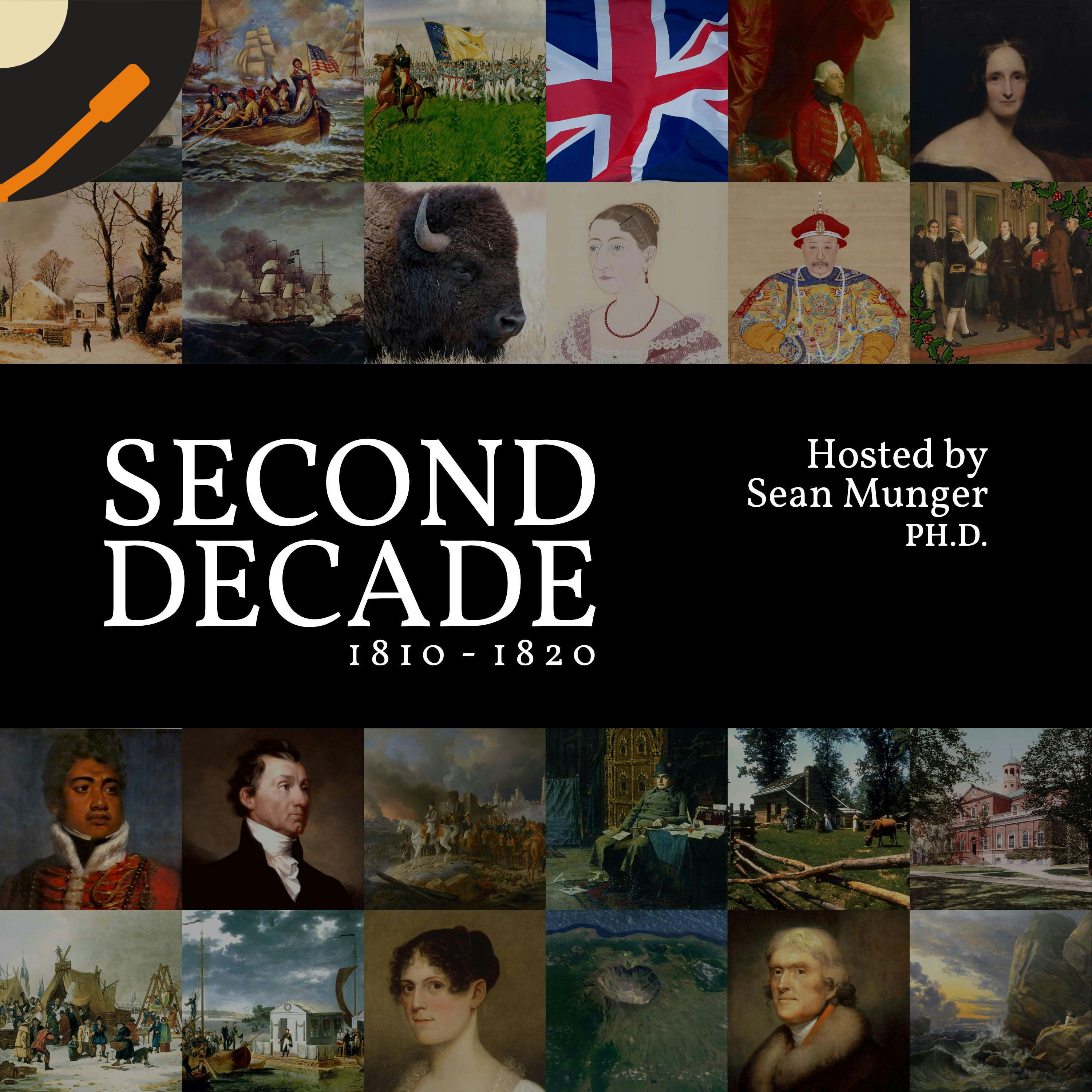40: Antarctica
Description
For most of human history, Antarctica was more of a concept than a reality. Geographers from ancient times and voyagers in the Age of Discovery supposed there was a continent at the bottom of the world, but no one had actually seen it, and some, like Captain Cook, declared that there was nothing useful down there at all. Then, quite suddenly, at the end of the Second Decade, the envelope of humanity’s geographic knowledge stretched just far enough to enable discovery of the icy islands that lie at Antarctica’s northern tip. Exactly who “discovered” Antarctica is not entirely clear, both because there are differing definitions of what “counts” both as discovery and as Antarctica. But we know it happened in 1819 or 1820, and one of the discoveries coincided with the single deadliest disaster ever to occur on the frozen continent. In this episode, Dr. Sean Munger will paint the historical context in which the discovery of Antarctica occurred, and he’ll take you onto the ships and into the icy waters of the land at the end of the world to get to the historical truth of what happened there. You’ll meet a reluctant Spanish admiral, a horde of rapacious, blood-soaked seal hunters, you’ll toast the claiming of the continent for the dying King George III several times with rum and spirits, and you may be haunted by the grim discoveries made on one of the world’s most desolate beaches—mysterious echoes of what may have been humanity’s first doomed struggle for survival in Antarctica. This episode also connects with various threads and stories discussed throughout the entire previous run of the Second Decade podcast. Sean’s Patreon Make a PayPal Donation Additional Materials About This EpisodeLearn more about your ad choices. Visit megaphone.fm/adchoices
More Episodes
Nine small islands, called the Isles of Shoals, lie off the coast just over the line between New Hampshire and Maine. One of them, Smuttynose Island, has a mysterious past. Traditional stories going back to the early 19th century, amplified by poetry, folklore and modern tour-guide apocrypha,...
Published 06/17/21
Published 06/17/21
In March 1815, in London, Elizabeth Fenning served a plate of dumplings to the family that employed her as a cook. Almost all members of the household, including Eliza herself, became violently ill, apparently poisoned. Barely four months later Eliza was dead, hanged for attempted murder after a...
Published 05/17/21


